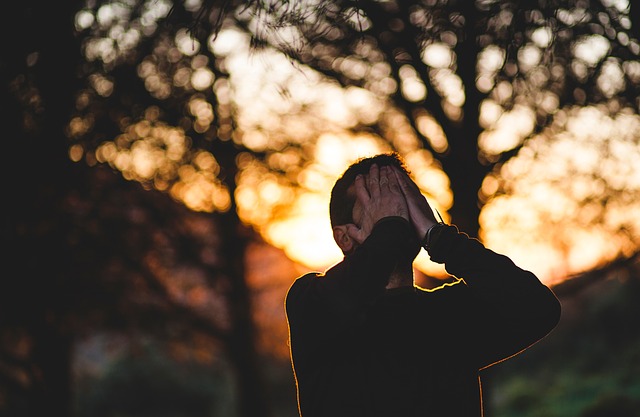Have you been feeling unusually depressed since winter has started to roll in? Believe it or not, seasonal changes can affect your mood.
Seasonal affective disorder (SAD) is a type of depression that’s related to changes in seasons — SAD begins and ends at about the same times every year, typically starting in fall and ending after winter, less commonly however, some people may experience SAD in the opposing seasons.
While the exact cause of SAD isn’t specifically known, it is speculated that the lack of sunlight effects the mood portion of the brain that operates using the neurotransmitter serotonin (the happy hormone), causing it to function inefficiently.
According to WebMD, hormones manufactured in the brain that are affected by sunlight exposure may play a role in the development of SAD and its symptoms of depressed mood, fatigue, carbohydrate cravings, and weight gain. Because foods high in carbohydrates (like chips, pretzels, and cookies) boost serotonin, it is thought that they have a soothing effect on the body and mind.
Other possible causes of this disorder include the disruption of your biological clock (circadian rhythm), the decrease in sunlight may disrupt the body’s internal clock and lead to feelings of depression, and season changes can disrupt the body’s balance of melatonin, which plays a role in sleep patterns and mood.
SAD usually starts in young adulthood. It is more common in females than in males. Symptoms may start out mild and become more severe as the season progresses.
Signs and symptoms of SAD may include:
- Feeling depressed most of the day, nearly every day
- Losing interest in activities you once enjoyed
- Having low energy
- Having problems with sleeping
- Experiencing changes in your appetite or weight
- Feeling sluggish or agitated
- Having difficulty concentrating
- Feeling hopeless, worthless or guilty
- Having frequent thoughts of death or suicide
Because the lack of daylight during wintertime is related to SAD, it is seldom found in countries within 30 degrees of the equator, where the sun shines year round.
Besides moving to the beach, here are some other ways to combat seasonal depression:
- Light Therapy to mimic natural outdoor light
- Medication
- Psychotherapy
- Meditation
- Expose yourself to more natural light (open blinds, sit closer to windows, etc)
- Get outside
- Workout regularly
- Eat healthy
Although most people experience depressed feelings at some point in their lives, it is always important to see a doctor for any new or unusual symptoms that appear.
The suicide prevention Lifeline provides 24/7, free and confidential support for people in distress, prevention and crisis resources for you or your loved ones, and best practices for professionals. 1-800-273-TALK (8255)
Both MayoClinic and WebMD contributed to this article.






Be the first to comment on "Are You Feeling SAD?"